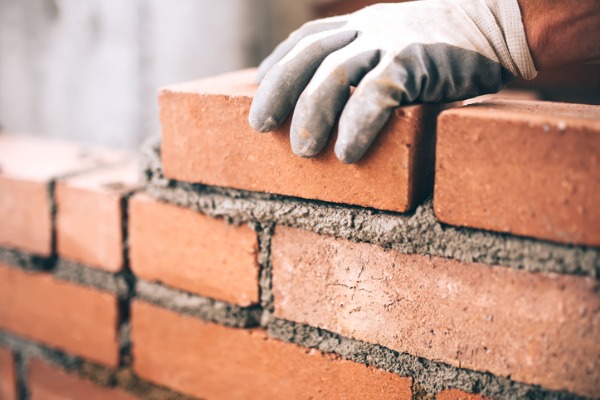Solid numbers from high-yielder Barratt Developments but concerns remain
14th July 2022 08:13
by Richard Hunter from interactive investor
These are decent results and this leading housebuilder offers an attractive dividend. It's also the City's preferred play in the sector, so why are the shares still falling?

Barratt Developments (LSE:BDEV)has provided further proof, if it were needed, of the growing chasm between the actual trading performances and the depressed share price performances within the sector.
In a trading update for the year ended 30 June 2022 ahead of annual results on 7 September, it said completions have risen by 3.9% compared to last year and are now in excess of pre-pandemic levels. Total forward sales remain robust and, despite having dropped by 5.3% in number, they have increased by 4.3% in value. This has partly been enabled by the average selling price of properties, which overall has risen by 3.8% to stand at £300,000.
Even after a spend of over £1 billion on land and the £250 million acquisition of Gladman Developments, the company expects to end the year with net cash of £1.1 billion, giving it ample flexibility either for further purchases or indeed to review its capital return policy.
- Dividend investing: three tips for a comfortable retirement income
- Persimmon shares demolished after this half-year update
- Stockwatch: Persimmon versus Vistry - who wins?
At present, the dividend yield of 7.1% is punchy indeed against the current interest rate backdrop, and the group will retain a similar level of payment provided that its dividend cover hurdle is met, in another sign of financial prudence.
Total build cost inflation is currently around 6%, with energy and fuel costs nudging the figure higher to somewhere between 9% and 10%. The company will give fuller details at its year-end numbers in September as to its outlook and measures to combat these rising costs. Even now, the company is working hard to mitigate this inflation, such as through the additional use of timber frames in construction, as well as managing its supply chain closely.
The net result from the performance is that Barratts expects to report full-year adjusted pre-tax profit of between £1.05 and £1.06 billion, which is slightly ahead of current market expectations, and with its forward sales in a healthy position, the group hopes to cement its position as the country’s leading housebuilder.
Further out, the building blocks remain in place for further growth. There have been no suggestions from any of the main political parties that they wish to intervene given the overall housing shortage across the country, while mortgage availability remains plentiful and accessible by historical standards.
However, the clouds which overhang the sector have had a fairly severe impact. The end of the stamp duty holiday, the wind down of the Help to Buy programme, supply chain blockages and the cladding issue have all weighed heavily.
For Barratts, legacy property costs associated with building safety remediation has resulted in a cost of £412 million, which will be spread over the next three to five years. In addition, recent surveys are giving mixed messages on whether house price growth may be slowing and, inevitably, there are affordability concerns given the escalating cost of living crisis which have added to the industry’s woes.
- Are these six fallen mid-caps now good value?
- Richard Beddard: a high-scoring share with a swagger
- Consolidate your pensions for a £60,000 retirement boost
The share price has languished in line with its peers across the sector. Over the last year, the shares have fallen by 33%, as compared to a marginal gain of 0.9% for the wider FTSE100, while the price is down by 47% compared to the recent peak achieved just prior to the pandemic in February 2020.
Even so, with an undemanding valuation by historical standards and with prospects firmly intact, the market consensus of the shares as a "strong buy" reflects not only investor confidence but also makes Barratts the preferred play in the sector at present.
These articles are provided for information purposes only. Occasionally, an opinion about whether to buy or sell a specific investment may be provided by third parties. The content is not intended to be a personal recommendation to buy or sell any financial instrument or product, or to adopt any investment strategy as it is not provided based on an assessment of your investing knowledge and experience, your financial situation or your investment objectives. The value of your investments, and the income derived from them, may go down as well as up. You may not get back all the money that you invest. The investments referred to in this article may not be suitable for all investors, and if in doubt, an investor should seek advice from a qualified investment adviser.
Full performance can be found on the company or index summary page on the interactive investor website. Simply click on the company's or index name highlighted in the article.